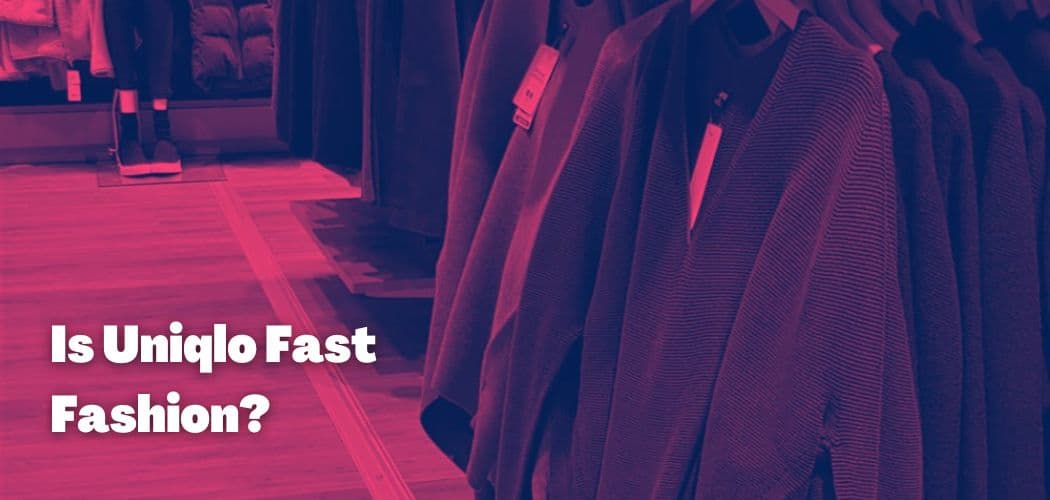Uniqlo is a Japanese apparel brand that has been around since 1949.
Its founder Tadashi Yanai, started the brand as menswear and later launched unisex clothing. UNIQLO had exceptional sales and continued its growth.
Today, the brand has over two thousand retail stores but that is not it. UNIQLO is giving competition to brands like Zara by becoming the fourth largest clothing company in the world.
The brand’s founder has become the richest man in Japan and has a net worth of 26.8 billion US dollars.
UNIQLO is seen as a fast fashion, but the brand denies that. To figure out the truth, we questioned some of the brand’s manufacturing practices, and here’s what we found.
Does UNIQLO use synthetic fibers as the primary clothing material?
Yes. UNIQLO has all its clothes made with synthetic fibers such as Polyester, Nylon, Rayon, Viscose, and Elastane. All these fabrics can not be recycled and add to the pollution.
Does UNIQLO launch all the trendy garments and styles shortly after celebrities wear them?
UNIQLO has a different approach when it comes to its clothing lines. The brand claims that it only makes basic clothes that last forever in fashion, but on its website, we found everything from casual to trendy garments.
Does UNIQLO have lower prices than pioneers of fashion trends?
Yes. UNIQLO has dresses with prices starting from thirty dollars, and their tops cost even less. The brand has frequent sales as well.
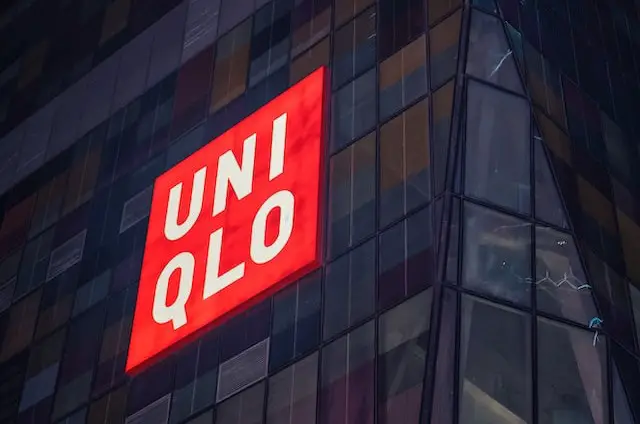
Does UNIQLO have factories in third-world countries?
The brand has factories in China, Bangladesh, Vietnam, and Indonesia.
In 2016, a member of the Students and Scholars Against Corporate Misbehavior (SACOM) NGO spied on UNIQLO’s factory environment, and the results were shocking.
Unlike its claims, the employee worked in extreme weather conditions with no protective gear.
The laborers also revealed that they work overtime with very little pay.
Final Verdict?
Although UNIQLO claims it does sustainable fashion, the brand’s choice of fabric material, low prices, a vast range of styles, and poor employee treatment tell the opposite story.
So in our opinion, UNIQLO is a fast-fashion brand.
Is UNIQLO sustainable?
UNIQLO is the third largest fast fashion brand in the world, meaning it produces thousands of styles every year and sells them at low rates.
Producing clothes in such massive quantities needs water and other resources. Such practices also result in a lot of waste in landfills.
Since 2014, however, UNIQLO has been trying to make policies to enhance its sustainability.
The brand partnered with Sustainable Apparel Coalition and then formulated a team of experts that would help it become more sustainable.
The most noteworthy program launched by the team is called RE.UNIQLO.
This program aims to urge UNIQLO’s customers to drop their used UNIQLO garments at the stores, these used clothes are recycled and transformed into new ones or donated to needy people and refugees.
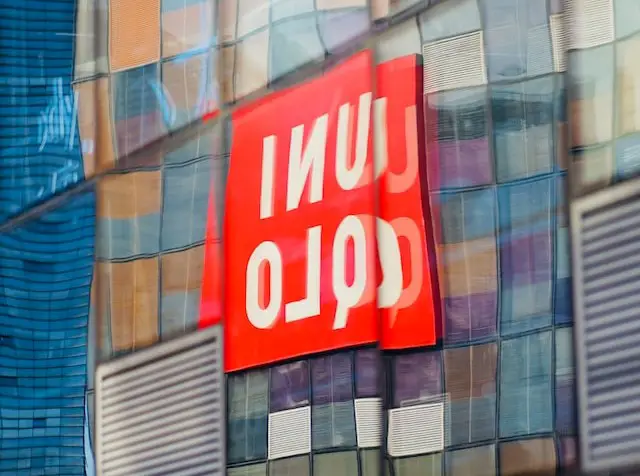
The brand is also taking an initiative to recycle plastic pet bottles that people irresponsibly throw away after a single use Using these bottles reduces the plastic in the landfills, and the carbon dioxide emissions are lower when polyester is produced with recycled plastic.
The brand’s biggest achievement is DRY-EX SHORT-SLEEVE POLO SHIRT- a polo shirt made with seventy-five percent recycled plastic bottles.
UNIQLO’s efforts to reduce water consumption in retail and supply chains are noteworthy. The brand aims at using only sustainable cotton by 2025.
This cotton is grown keeping in mind the use of water and fertilizer. To ensure responsible water usage at its manufacturing plants, UNIQLO has joined the Responsible Mill Program, which helps set limits on their water usage.
UNIQLO has also collaborated with the world-famous manga Doraemon and hopes for it to spread the brand’s message on sustainable clothing.
These initiatives are praiseworthy, but we can not deny that fast fashion brands do more harm than good to the environment.
To know what UNIQLO’s sustainability page says, click here.
Does UNIQLO use child Labour?
UNIQLO has been named and shamed in the past for employing young children in its supply chain. In recent years, however, the brand has cleared up its reputation.
How ethical and sustainable is UNIQLO?
In 2021’s report of the Fashion Transparency Index, UNIQLO landed on the list of brands offering 31 to 40% transparency.
The score means UNIQLO provides information about all its suppliers and policies regarding manufacturing, environmental protection, and supplier assessment.
To get a greater score, UNIQLO must reveal how much it pays the employees and whether it assisted its laborers to get through the COVID-19 pandemic days.
But considering the case in which Indonesian factory workers of UNIQLO are demanding the brand pay them 5.5 million dollars, we fear that UNIQLO is insensitive towards its laborers just like all other fast fashion brands.
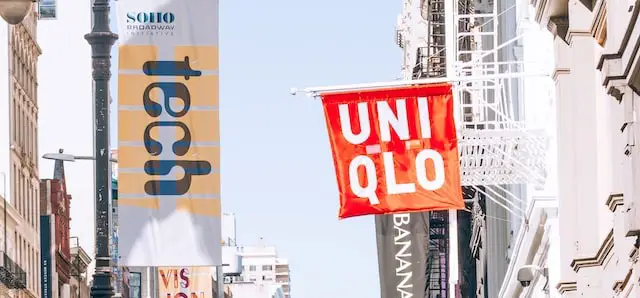
UNIQLO is, however, trying to make a difference by offering aid in form of clothes.
The Japanese retailer has been a partner of the United Nations High Commissioner for Refugees since 2011.
The aim is to make good quality, pre-loved clothing available to refugees all around the world. UNIQLO has been quite generous in donating its clothes, the brand says that it has donated over forty-six million clothing items to poor people around the globe.
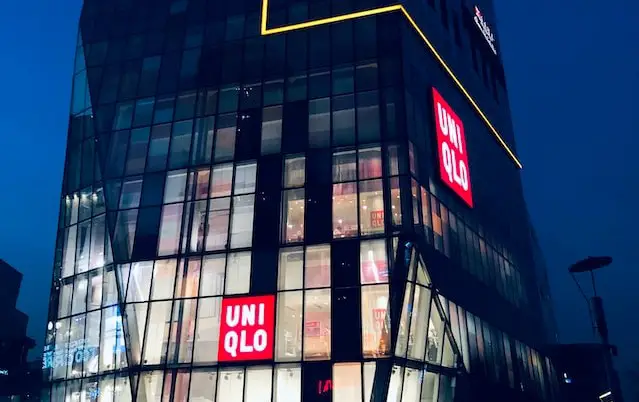
The brand has also launched a business named “Grameen UNIQLO Ltd” to help poor people in Bangladesh. Grameen produces high-quality clothes in Bangladesh and sells them there at low prices.
As far as UNIQLO’s animal welfare policies are concerned, the brand is making good progress. PETA praised UNIQLO for banning the use of angora, fur, shearling, and karakul.
The brand is also working on reducing the use of mohair in its product, but UNIQLO is not 100% vegan. It uses leather and cashmere whose origin is untraceable.
This shows that the brand is making some efforts to become ethical but still has a long way to go.
UNIQLO has a lot of sustainable programs like recycling pre-loved clothes, reducing water consumption, making clothes with dumped plastic bottles, and replacing conventional fuel with renewable resources.
The brand’s parent company has revealed its sustainability plan for years until 2050, so it seems Iike the fast-fashion brand will somewhat attain sustainability in coming years.
